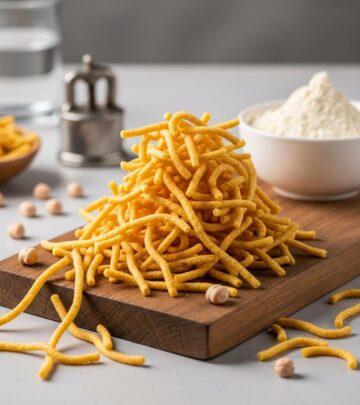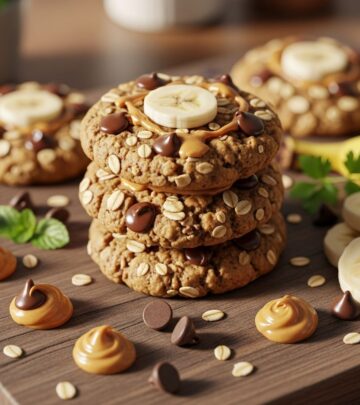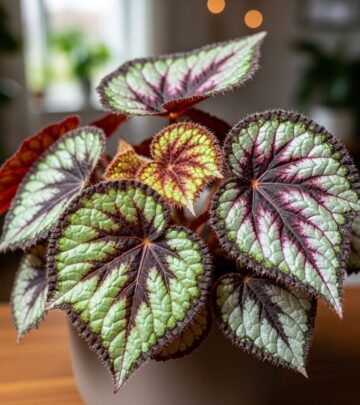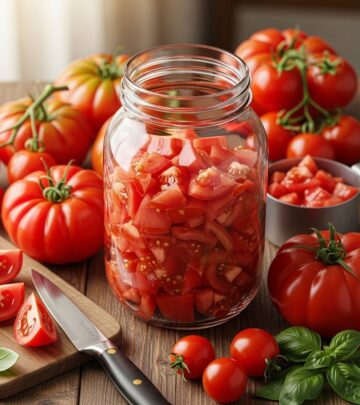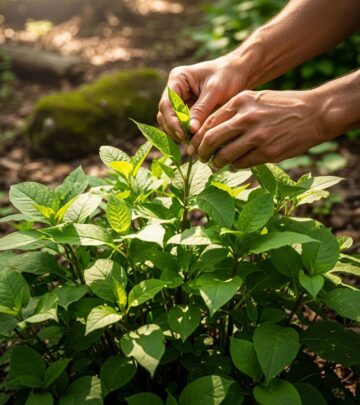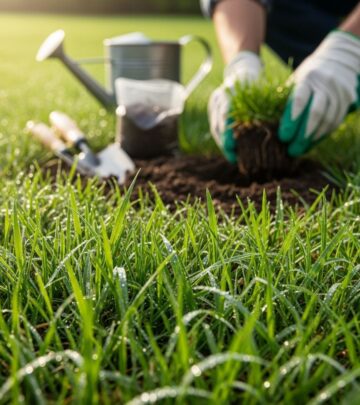9 Best Fruit Trees To Plant In Tennessee For Bountiful Harvest
Smart pruning and care methods to strengthen your orchard and boost homegrown yields.
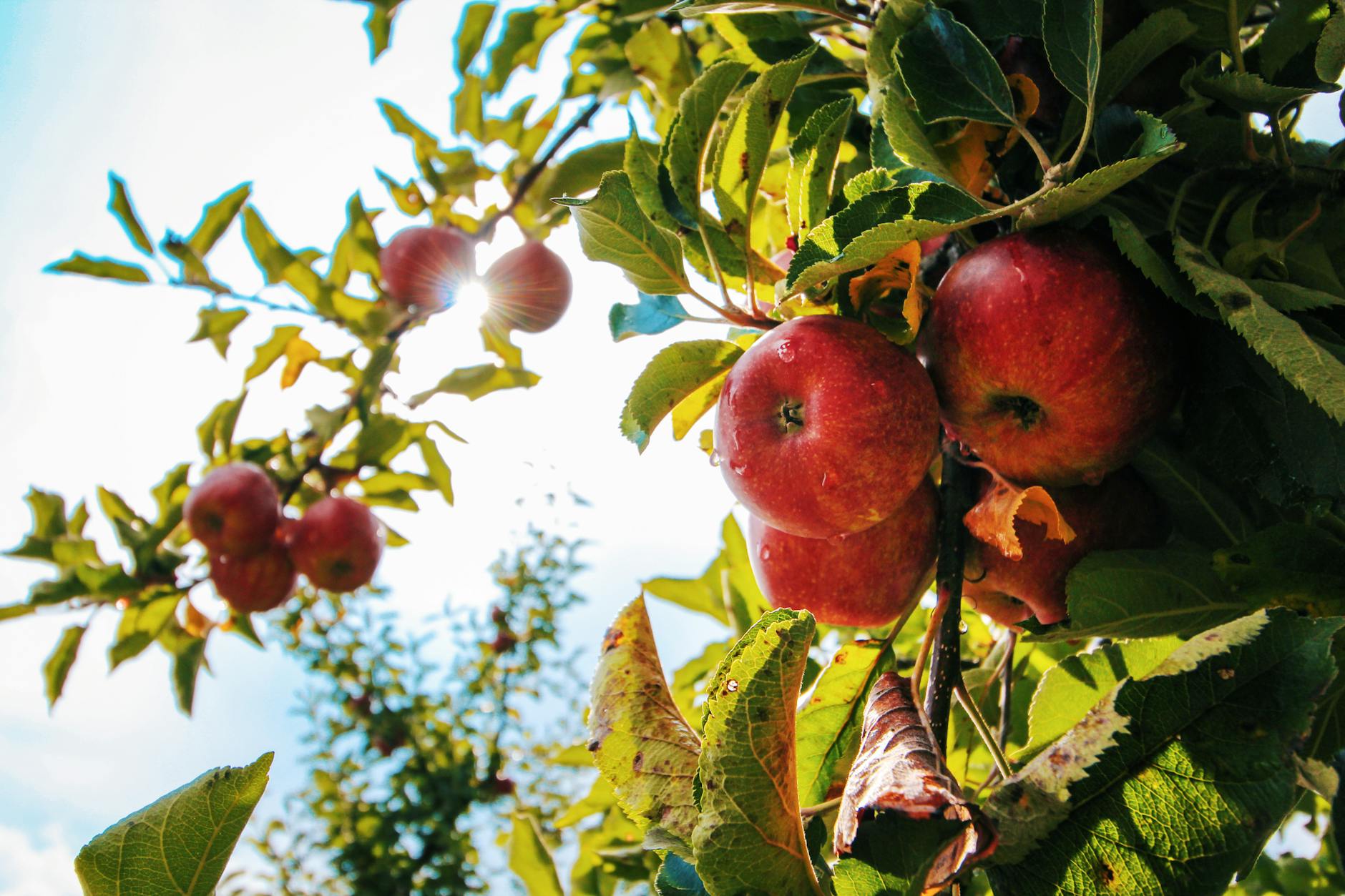
Best Fruit Trees To Plant in Tennessee Yards or Gardens
Adding fruit trees to your Tennessee yard isn’t just about the promise of future harvests—it’s also about growing beauty and biodiversity right at home. Tennessee’s climate, characterized by mild winters, warm summers, and ample rainfall, is especially inviting for a wide range of fruit trees. Whether you’re a seasoned gardener or a beginner, this guide will introduce the best options for your orchard and share planting and care tips to maximize your yield.
Why Tennessee’s Climate Is Perfect for Fruit Trees
Tennessee gardeners benefit from a unique climate. With long growing seasons and mild temperature fluctuations, the state offers conditions between USDA Zones 5b and 8a. This places Tennessee in an enviable position—not too hot to stress sensitive trees, and not too cold to kill off budding plants. Instead, the climate provides ample rainfall dispersed through the year, supporting lush, vigorous tree growth and consistent flowering for fruit set.
- Temperate climate avoids stressful temperature extremes
- Consistent annual rainfall reduces supplemental watering needs
- Chill hour requirements for many fruit trees are easily met
- Wide USDA zone range allows rich variety of fruit options
This sets the stage for a truly rewarding backyard or small-scale orchard. Below, we discuss fruit trees that consistently perform well across the region, along with the care and advice to help you succeed.
Top Fruit Trees for Tennessee: Tried-and-True Options
Many fruit trees adapt to Tennessee’s moderate climate, but these favorites stand out for yield, disease resistance, flavor, and ease of cultivation.
Apple Trees
Apples are a southern classic, prized both for blossoms in spring and crisp, sweet fruit in late summer and fall. The climate is ideal for most apple trees, particularly varieties labeled “long-season.” These need approximately 500–600 cold “chill hours”—the period spent below 45°F—that the state readily provides each winter.
- Hardiness: Most varieties thrive in Tennessee’s USDA Zones 5–8
- Requirements: Well-drained soil, good sunlight, and regular water, especially after planting
- Self-pollinating options are available, but planting two or more different varieties typically increases yield and ensures cross-pollination.
Popular Varieties for Tennessee:
- Granny Smith: Adapts to zones 6–9, requires only around 400 chill hours, self-pollinating, and reliably productive
- Fuji & Gala: Early fruiting, sweet flavor, and suitable for Tennessee’s climate
- Red & Golden Delicious: Long-time favorites for flavor and productivity
| Variety | Chill Hours | Pollination | Flavor Notes |
|---|---|---|---|
| Granny Smith | 400 | Self-pollinating | Bright, tart, crisp |
| Fuji | 500-600 | Needs partner | Sweet, crunchy |
| Gala | 500-600 | Needs partner | Lightly sweet, aromatic |
| Red Delicious | 700-800 | Needs partner | Classic mild sweetness |
Tip: For young tree health, start with a one-year-old sapling. Annual pruning helps encourage a strong central leader and encourages fruiting side branches early in the tree’s life.
Pear Trees
Pears are less demanding than apples and resist many common fruit tree diseases. Most pears require cross-pollination, so plan on planting at least two compatible varieties for a reliable harvest.
- Asian and European pear varieties both perform well
- Late spring blossoms avoid most frost damage
- Pears tolerate a range of soils and moderate drought after establishment
Recommended Varieties:
- Bartlett: Classic, juicy and sweet for eating fresh or canning
- Moonglow: Resistant to fire blight and well adapted to Tennessee
- Kieffer: Very tough, productive, widely grown across the South
Peach Trees
Peach trees need some winter chill, but too much cold can damage buds. Tennessee’s “just right” climate fits their needs perfectly. Peach trees mature rapidly and can offer fruit in their second or third year after planting.
- Choose varieties with disease resistance (especially to leaf curl and brown rot)
- Site selection is key: plant in a sunny, well-drained area protected from strong wind
- Prune to maintain an open shape and improve air flow
Popular Varieties: Elberta, Redhaven, and Contender excel in most Tennessee gardens.
Plum Trees
Plums reward careful gardeners with abundant spring blossom and delicious fruit in summer to early fall. Some Japanese and European varieties do especially well here.
- Santa Rosa (Japanese type): productive and sweet
- Stanley (European type): classic for jams and eating
- Most plums require another plum tree for pollination
Cherry Trees
Though more challenging due to late frosts and pests, sweet and tart cherries can succeed with the right variety selection and cultural care.
- Montmorency (tart): Reliable pollinator and abundant producer
- Stella (sweet): Self-pollinating and suited for warmer Tennessee regions
Fig Trees
Figs are cold-sensitive but can thrive in warmer areas of the state or in protected sites. Choose cold-hardy varieties, plant in a sunny, sheltered location, and mulch well for root protection during winter.
- Celeste: Standout for cold tolerance
- Brown Turkey: Productive, reliable, and widely adapted
Other Fruitful Options
- Pawpaw: Native to the region, uniquely flavored tropical-like fruit, shade-tolerant
- Persimmon: American persimmon varieties are hardy and productive
- Mulberry: Fast-growing, bird-attracting, with sweet blackberry-like fruit
Caring for Fruit Trees: Planting, Pruning, and Protection
Success with fruit trees begins with right-site selection and ongoing annual care. Here are important steps for thriving trees:
Planting Tips
- Choose a sunny location: Full sun (at least 6-8 hours daily) ensures sweetest, most abundant fruit
- Good air circulation: Helps prevent disease and frost issues
- Well-drained soil: Most fruit trees dislike standing water. Amend clay soils or plant on raised mounds if needed.
- Plant in early spring or late fall: When trees are dormant, they’ll establish roots before hot dry spells
- Add organic matter: Compost and mulch retain moisture and suppress weeds
Pruning and Training
- Young trees need shaping for strong structure—prune annually to develop a central leader or open center
- Remove dead, diseased, or crossing branches
- Keep the canopy open for light penetration and air movement, reducing disease risk
As UT Extension’s fruit tree expert notes:
“What you do this year in a fruit tree is going to have a direct impact on what happens to the tree and the crop the next year.”
Pollination
- Some trees, like apples and pears, need two or more compatible varieties for cross-pollination
- Stone fruits (like peaches and some plums) can be self-fertile but benefit from a second tree
- Check with your nursery to confirm pollination needs before planting
Watering and Feeding
- The first two years are most important for root establishment—water regularly, allowing moisture to go deep
- Mulch in a 3–4 ft. circle around the tree (but not touching the trunk) to control weeds and conserve water
- Fertilize with a balanced, slow-release blend based on soil test results
Disease and Pest Management
- Choose resistant varieties when possible
- Prune and clean up fallen debris to reduce pest and disease pressure
- Consider horticultural oils or dormant sprays as appropriate
Frequently Asked Questions (FAQs)
Q: What are the easiest fruit trees for beginners to grow in Tennessee?
A: Apple, pear, and fig trees are excellent beginner options due to adaptation to Tennessee’s climate, reliable yield, and relative pest resistance.
Q: Do I need two fruit trees for pollination?
A: Many apples and pears require another compatible variety for pollination, but varieties like ‘Granny Smith’ apples and ‘Stella’ cherries are self-pollinating. For best results and biggest harvests, two trees are recommended for cross-pollinated species.
Q: When should I plant fruit trees in Tennessee?
A: Early spring is best, just after the last frost when the ground is workable. Fall is also suitable when the soil is still warm but the trees are going dormant.
Q: How long does it take for fruit trees to bear fruit?
A: Depending on the variety, expect your first crop 2–5 years after planting. Dwarf trees typically mature more quickly than standard-size trees.
Q: What’s the most important tip for fruit tree success in Tennessee?
A: Match your tree selection to your microclimate and provide annual pruning and good site care. Pay careful attention in the first two years to watering and establishing a strong root system.
Tennessee Fruit Tree Planting Calendar
| Fruit Tree | Best Planting Time |
|---|---|
| Apple | February–March, October–November |
| Pear | March, October |
| Peach | February–March |
| Plum | February–March |
| Cherry | February–March |
| Fig | April (after last frost) |
Conclusion
Tennessee’s abundant rainfall, moderate temperatures, and long growing season make it a paradise for backyard orchardists. From the crisp apples and juicy peaches to locally beloved pawpaws and mulberries, you have a wide array of options to build your own fruitful landscape. With the advice above, you can plant wisely and tend well—harvesting fresh, homegrown produce and enjoying the beauty of fruit trees year after year.
References
Read full bio of medha deb


